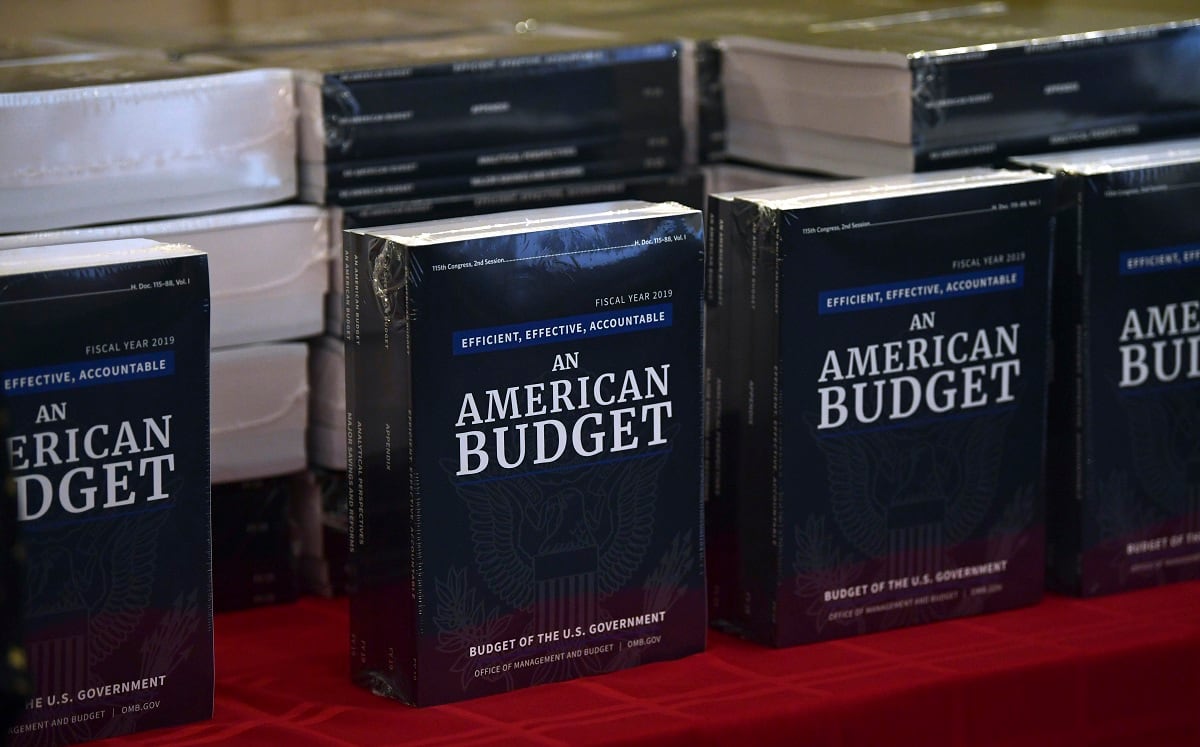WASHINGTON — Senate appropriators on Tuesday backed an increase for the Veterans Affairs budget even larger than the boost outlined in President Donald Trump’s request earlier this year, a move that would push the department’s funding closer to the $200 billion mark.
The proposed $86.4 billion in discretionary spending for the department in fiscal 2019, approved by the Senate Appropriations Committee’s veterans panel, is 5.7 percent above VA’s fiscal 2018 budget and about $1.1 billion more than what the White House and House lawmakers are eyeing.
Sen. John Boozman, R-Ark., and chairman of the subcommittee, said the extra funding isn’t intended to fill any singular oversight. Rather, the money is spread across a host of priorities.
“There is so much going on with the system right now, we just felt this was money that would be useful,” he said. “There is concern (with looming budget caps), but at the end of the day, we’ll be able to find a path forward on that.”
RELATED

The measure also includes $10.3 billion in military construction funds, in line with administration and House budget plans. Republicans and Democrats on the panel advanced the Senate plan without opposition.
The measure calls for $1.8 billion for major and minor construction projects within VA, slightly above the White House request, and $8.6 billion in mental health care services, in line with Trump’s budget.
Panel ranking member Sen. Brian Schatz, D-Hawaii, said the proposal also “lays down a marker that we will not privatize care for our veterans at the expense of critical in-house medical services” by boosting both VA health accounts and community care funding.
Combined with mandatory spending, the Senate proposal totals nearly $196 billion. When the war in Afghanistan began in fiscal 2001, the VA budget totaled less than $49 billion. In fiscal 2009, it was $93.7 billion, less than half the current target.
The rising costs of VA care have prompted concerns among some lawmakers who lament that increased funding has not always produced better care and benefits for veterans. But outside advocates have argued that cutting back on the annual funding will hurt veterans, not spur reforms.
The House is set to vote on its version of the fiscal 2019 VA and military construction budget later this week, as part of a package of department appropriations measures.
Leo covers Congress, Veterans Affairs and the White House for Military Times. He has covered Washington, D.C. since 2004, focusing on military personnel and veterans policies. His work has earned numerous honors, including a 2009 Polk award, a 2010 National Headliner Award, the IAVA Leadership in Journalism award and the VFW News Media award.




